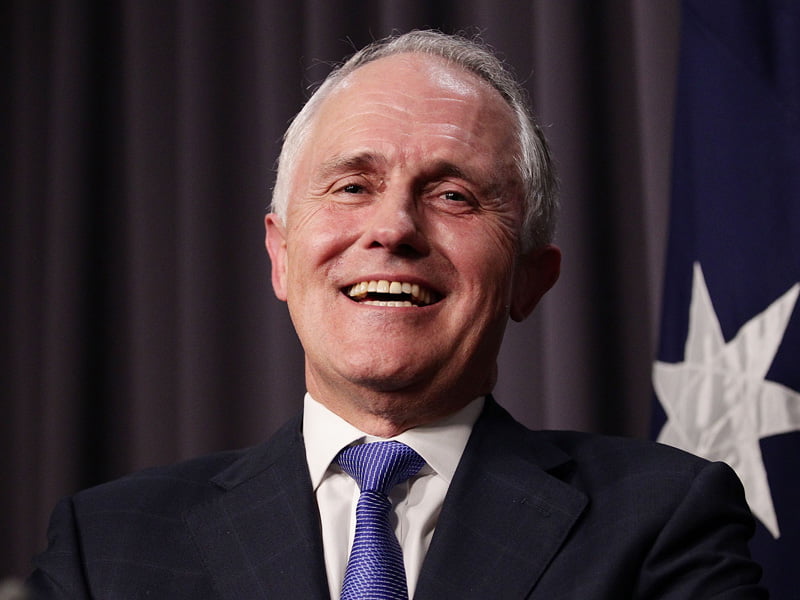InnovationAus.com recently posed the question “Does innovation need connectivity?” Leigh Sales on ABC TVs 7:30 program had a crack at asking Prime Minister Turnbull a version of that same question earlier this week.
Ms Sales asked: “Many people in that sector and other sectors would tell you that the most critical thing for their business these days is a speedy internet. So why then do you continue to back a broadband network that relies on a decrepit copper network?”
The Prime Minister’s response was to simply assert that the statement was wrong, repeating the mantra that the NBN under his model will be completed “six to eight years sooner than it would be under Labor’s proposed method and $30 billion cheaper.”

Unfortunately the last part of that is misleading. The most recent “counterfactual” prepared by NBN Co to which these estimates relate are not the time and cost if Labor’s NBN had been continued with after the 2013 election. They are estimates on the assumption of another turn of the project from two years of implementing MTM and re-starting the FTTP roll-out.
In the interview Leigh Sales refers to a number of recent revelations about cost over-runs from the poor state of both Telstra’s copper and the Optus HFC network. These are not new cost over-runs, they were included in the latest Corporate Plan.
However, they were not included in the cost of the MTM in the Strategic Review used to make the policy change.
The import of the question wasn’t, however, really about the state of the copper. That unfortunately created the distraction that allowed the Prime Minister to side-step the question.
Most recently the Vodafone group has been echoing the original comments in Australia about the need for fibre.
In submissions to two EU inquiries Vodafone has called for a Gigabit vision based on fibre technology, writing:
“It is Vodafone’s view that Europe should aim for a Gigabit Society: one where citizens and businesses benefit from widespread connectivity of 1 Gigabit per second by 2030 delivered by robust, reliable and future-proof fixed and mobile technologies.
“The 1 Gigabit per second downstream capability should be combined with significant upload speed capability to deliver true ultrafast broadband. Europe cannot afford to invest in technologies of the past like copper and instead needs to focus on the no regret option of investment in fibre to the home (FTTH), cable and 5G mobile networks, the technologies that can deliver ultrafast broadband.”
What makes the submission poignant is that the Vodafone group was the last employer of Bill Morrow the CEO of NBN Co appointed by the current Government.
Mr Morrow has been equally determined as the now Prime Minister in making the assertion that the MTM model will achieve the goal of providing broadband faster and cheaper.
There is, however, a problem that Mr Morrow and the NBN Co Board may soon have to deal with, and that is a complete reading of the Statement of Expectations provided to the company.
The company is instructed to build the NBN in a cost-effective way using the technology best matched to each area in Australia. The company is also required to ensure upgrade paths.
The Strategic Review contained modelling that asserted that a two (or more) stage build from FTTN to FTTP was more cost effective than a single stage based on the principle of bringing revenue streams forward.
But this modelling hasn’t been undertaken on the basis of the higher costs for the MTM technologies, what are understood to be much lower costs for FTTP, and the clear evidence of demand and willingness to pay for speed.
There is clearly something Vodafone knows that Mr Morrow doesn’t. Maybe they weren’t all that sad to see him go.
The new challenge that the Government and NBN Co management now face is that there seem to be staff inside NBN Co who understand that the move to MTM was a wrong call, and that the Australian public isn’t being told the truth.
What has started as a new trickle of leaks can be expected to grow over coming months. Mr Turnbull shouldn’t be surprised; he benefitted from this behaviour in the year leading up to the last election.
Do you know more? Contact James Riley via Email.

